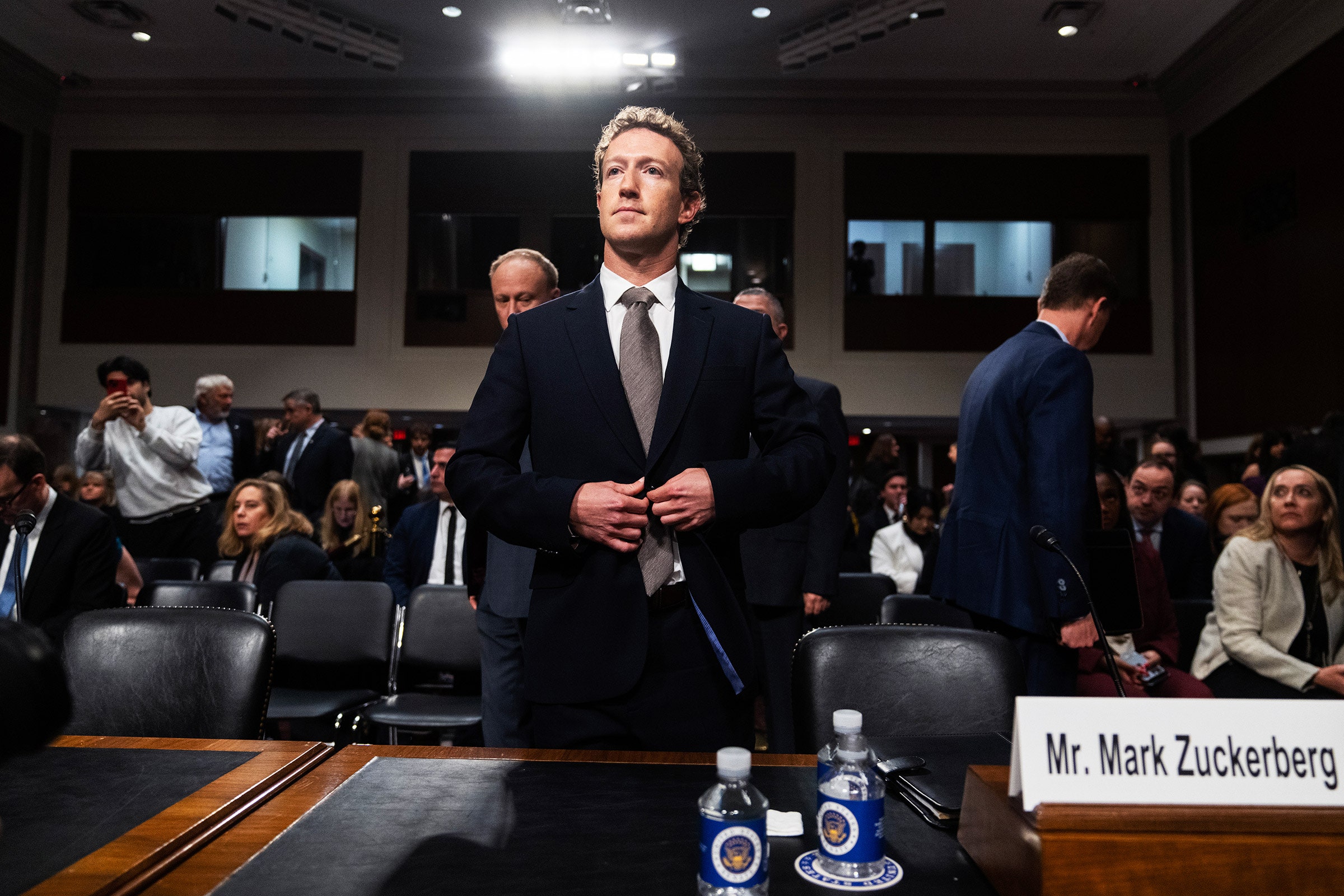After 20 Years of Facebook, Lawmakers Are Still Trying to Fix It
It has been two decades since Facebook first came into existence, fundamentally transforming the way we connect and communicate with each other. However, despite its immense popularity and impact, lawmakers around the world are still grappling with how to regulate and address the numerous issues surrounding the social media giant.
Facebook, founded by Mark Zuckerberg in 2004, was initially designed as a platform to connect college students. Over the years, it evolved into a global network with billions of users, encompassing various age groups, demographics, and cultures. While it has undoubtedly revolutionized how we interact and share information, Facebook has also faced significant criticism and scrutiny.
One of the primary concerns that lawmakers and regulators have been trying to tackle is user privacy. Facebook has been at the center of numerous privacy scandals, such as the infamous Cambridge Analytica scandal in 2018. The incident involved the unauthorized access of personal data of millions of Facebook users, which was then misused for targeted political advertising.
In response to these incidents, lawmakers have enacted or proposed legislation to strengthen data protection and privacy regulations. The European Union, for example, introduced the General Data Protection Regulation (GDPR) in 2018, which grants individuals more control over their personal data and imposes strict penalties for non-compliance. However, regulating a global platform like Facebook with a presence in countless countries remains a complex challenge.
Another major issue that lawmakers are attempting to address is the spread of misinformation and fake news on Facebook. The platform has faced criticism for its role in the dissemination of false information, which can have significant societal and political consequences. Efforts have been made to hold Facebook accountable for the content shared on its platform and to establish mechanisms to identify and remove false or harmful content.
Additionally, concerns over antitrust violations have also emerged, with lawmakers questioning Facebook’s dominance in the social media market and its impact on competition. Some argue that the company’s acquisitions of potential competitors, such as Instagram and WhatsApp, have stifled innovation and harmed market competition. Lawmakers have been exploring ways to prevent monopolistic behavior and promote a more level playing field.
Despite ongoing efforts to regulate and address these challenges, finding the right balance between protecting user rights, promoting free speech, and fostering innovation remains a complex task. Facebook has made various changes and updates, such as implementing stricter content moderation policies and increasing transparency, to address these concerns. However, the journey to fix the issues surrounding Facebook is far from over, and lawmakers continue to work toward comprehensive solutions.
